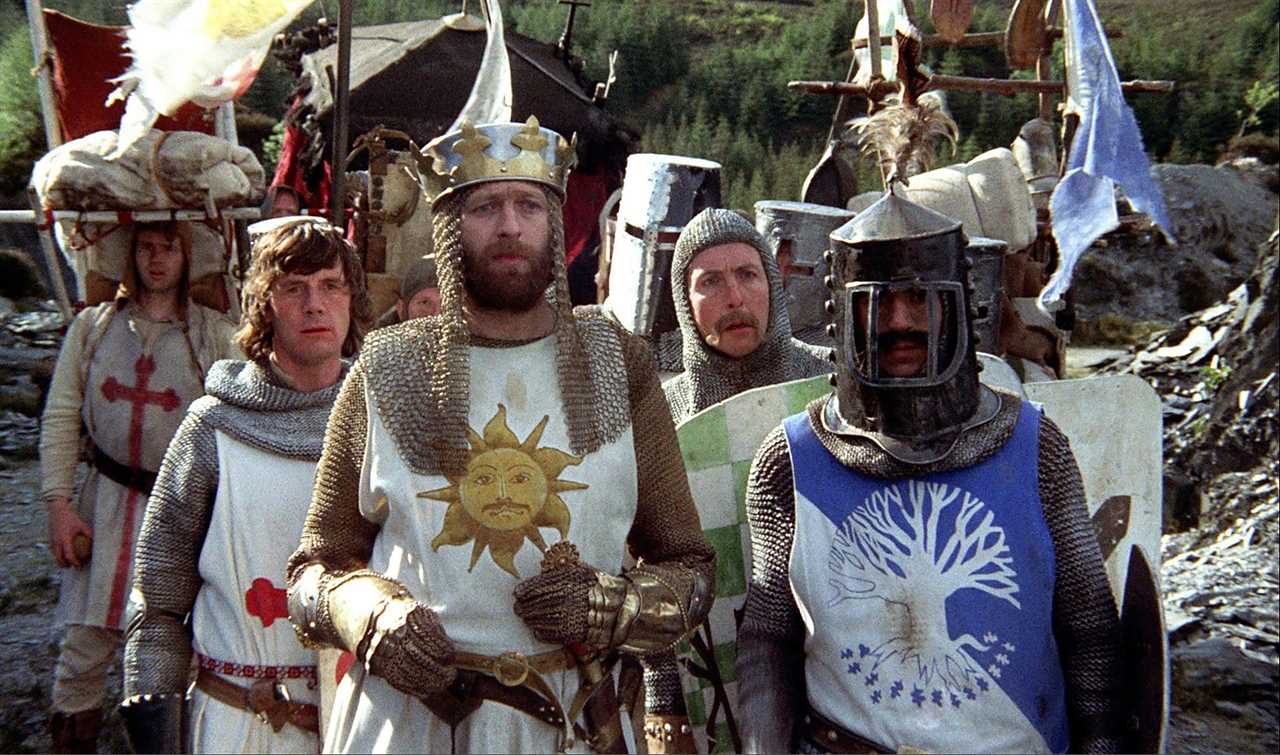
As Monty Python and the Holy Grail approaches its 50th anniversary re-release, the iconic British comedy faces scrutiny for its language and humour. Trigger warnings now caution viewers about "bad language" and "rude humour," sparking debates on discriminatory content in comedy classics. This move by the British Board of Film Classification (BBFC) raises questions about the intersection of comedy, censorship, and societal norms.
The wider context: Comedy in the age of "wokeness"
The inclusion of trigger warnings on Monty Python and the Holy Grail reflects a broader trend in contemporary culture. The ongoing discourse around "wokeness" and political correctness has permeated the realm of comedy, challenging traditional notions of what is acceptable in entertainment. While some view these warnings as necessary safeguards against offensive content, others argue that they stifle creativity and humour.
Analyzing comedic evolution: Navigating historical context
Monty Python, known for its irreverent and boundary-pushing comedy, emerged in a different cultural landscape. The comedic sensibilities of the past may clash with present-day expectations, prompting reflections on how humour evolves over time. By contextualising the film within its historical moment, we confront the complexities of reconciling past entertainment with contemporary values.
Unpacking woke culture: Impact on creative expression
The criticisms of "woke culture" from Monty Python stars Michael Palin and John Cleese invite us to consider the constraints placed on comedians today. The tension between free expression and societal sensitivities raises fundamental questions about the role of comedy in challenging norms and addressing taboos. How do we navigate this delicate balance between satire and social responsibility?
Palin and Cleese's resistance to what they perceive as excessive political correctness underscores a broader debate within the creative industry. As comedy grapples with changing audience expectations and evolving standards, the future of comedic expression hangs in the balance. Can comedy thrive in an environment where every joke is scrutinised for its potential to cause offence?
Interrogating trigger warnings: Navigating censorship in comedy
The addition of trigger warnings to Monty Python and the Holy Grail raises fundamental questions about the boundaries of censorship in entertainment. How do we reconcile the need to protect audiences from harmful content with the imperative to preserve artistic freedom? By delving into the nuances of trigger warnings, we confront the complexities of balancing sensitivity with creative autonomy.
Ultimately, the controversy surrounding Monty Python's trigger warnings invites us to engage with the broader societal shifts shaping our cultural landscape. As we navigate the intricate terrain of comedy, censorship, and social responsibility, we are challenged to reflect on the evolving nature of entertainment and the enduring legacy of iconic classics.
Did you miss our previous article...
https://thecelebreport.com/television/analysis-jojo-siwa-and-kaths-relationship-dynamics-amid-public-scrutiny






